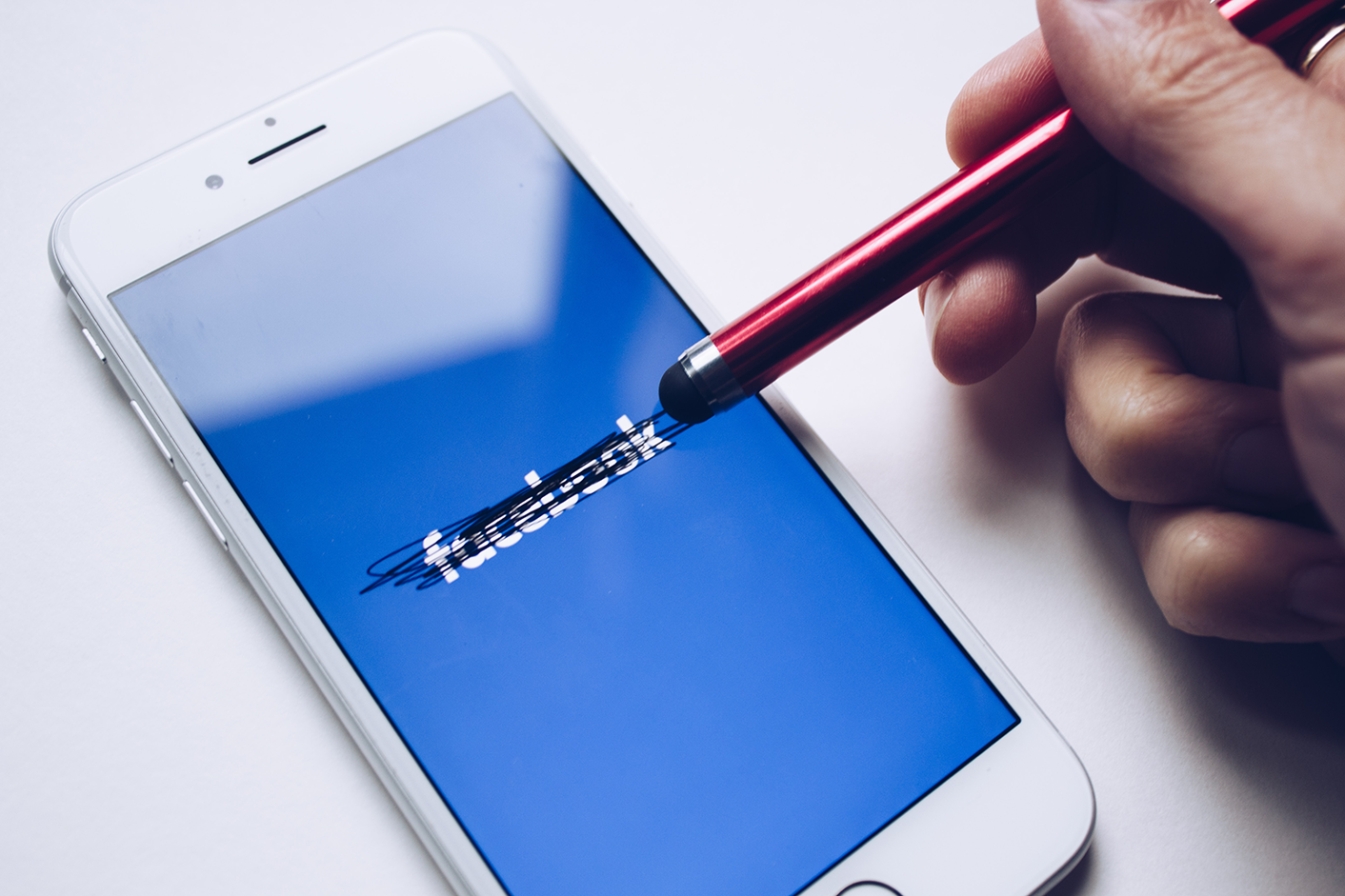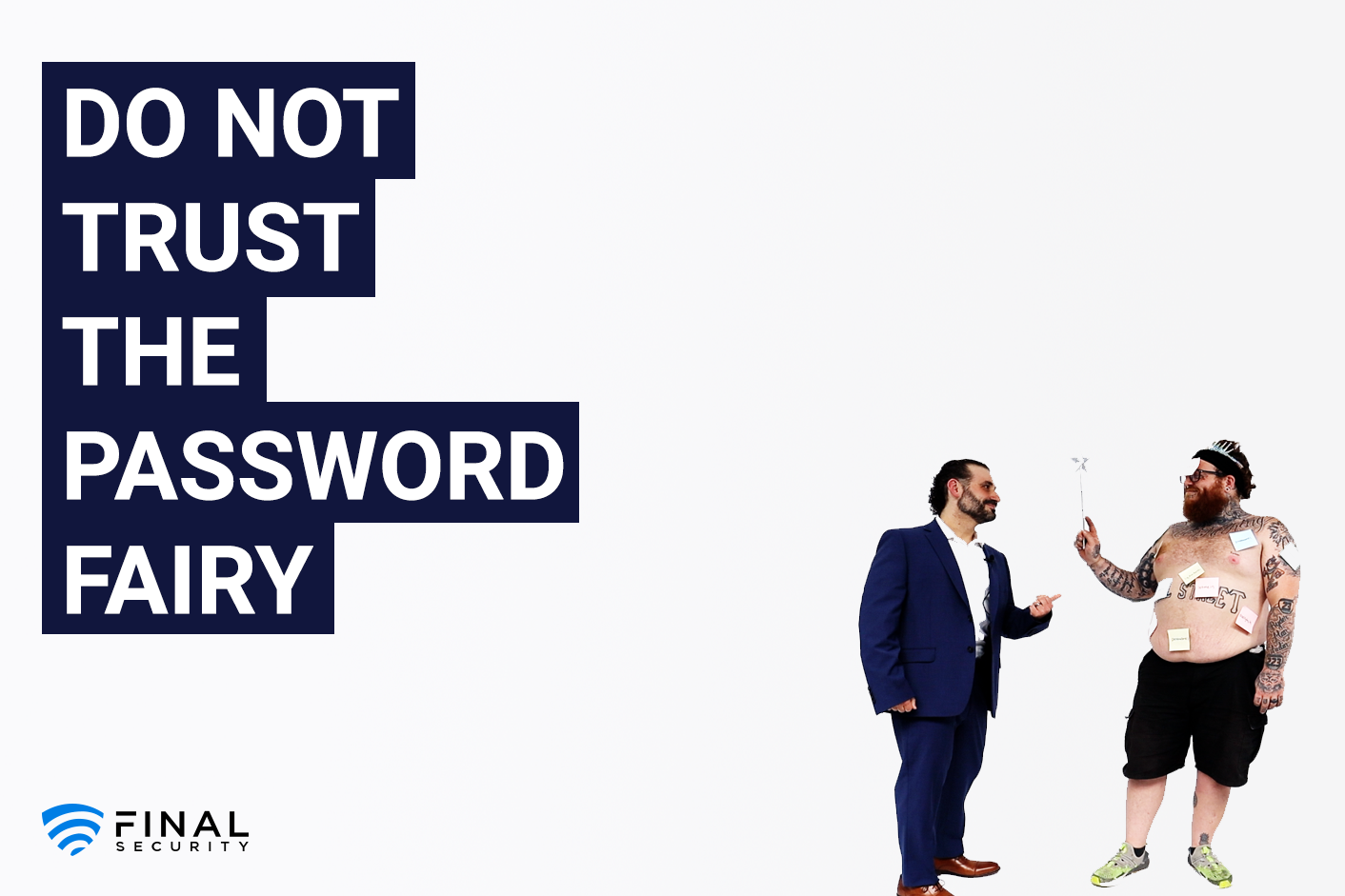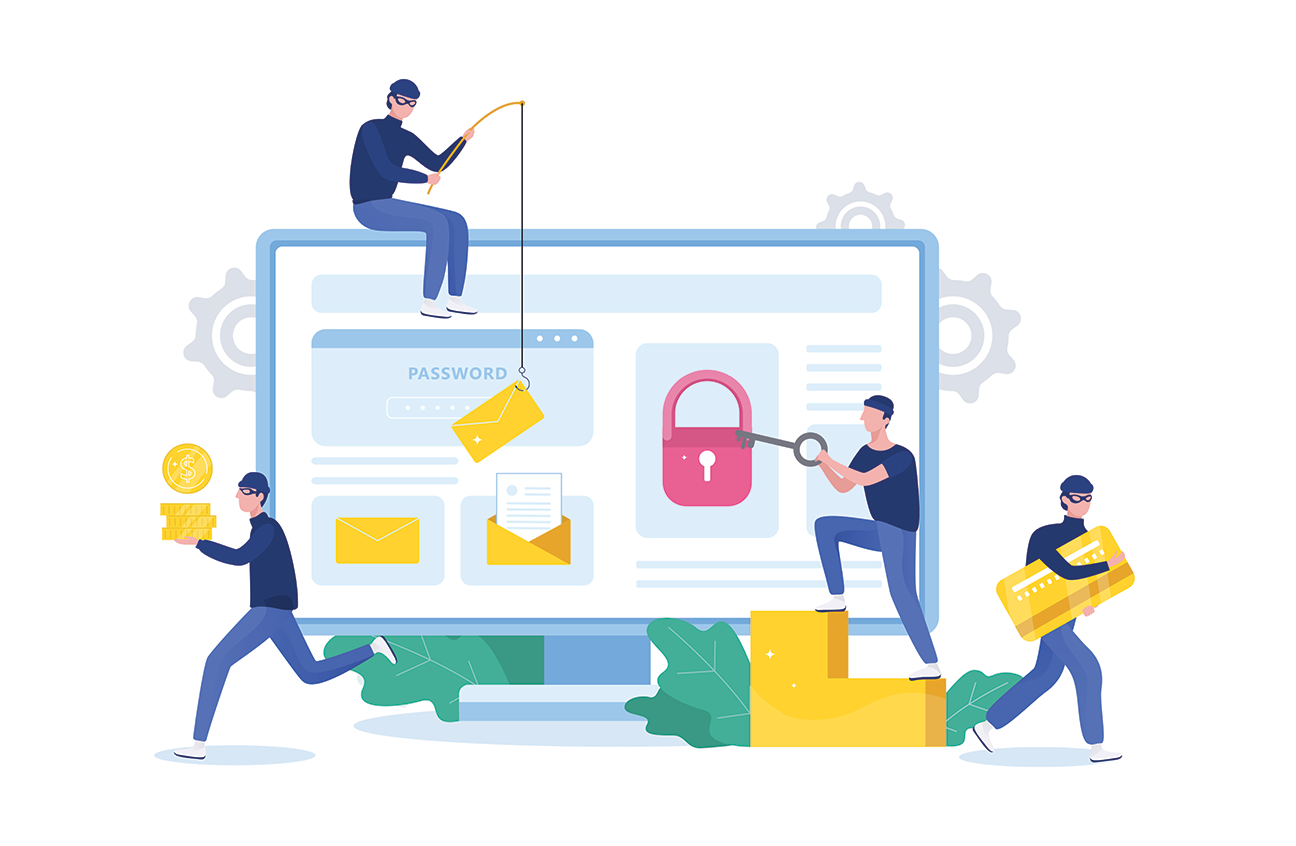Accept
Social Death: Why Delete My Social Media Accounts When I Die?

The world is on a runaway social train
Think for a minute about how much time you spend on social media. Do you check Facebook to see what your friends are up to? Twitter for the latest news?
Social media has integrated itself into our daily lives. According to Pew Research, the majority of Facebook, Snapchat and Instagram users visit these sites daily, and in 2019, 7 out of every 10 Americans use social media.
The number of social media users will only increase as time goes on because people (children) are joining social media at an early age. "According to a report by Influence Central, the average kid gets their first smartphone at age 10.3, and opens their first social media account by age 11.4. By the time they're 12, 50% of kids use at least one social media platform" (Brigham, 2018).
When we consider that the average person lives 27,375 days (Kennon, 2012), we can surmise that most people will spend upwards of 23,000 days of their lives interacting with social media.
Your social media footprint
With the growing amount of time spent on social media, the amount of information and data we accumulate in these profiles is expansive. If you were to randomly survey social media users about what information they are accumulating on their accounts, a common response would be pictures, videos, recipes and casual conversation. In reality, the answer is much more comprehensive. There are numerous articles, like this one from Forbes, that take a deep dive into the data you are willingly giving away on social media, but consider this quick list:
- Photos
- Detailed lists of friends, family and acquaintances
- Location data
- Your thoughts and feelings
- Likes and dislikes
- Political views
- Private conversations
- Marketing profiles of you, your family and friends
- Non-obvious data based on multiple factors that artificial intelligence and machine learning algorithms can derive about you
What is a social death?
While a relatively new term and growing definition, social death is essentially deleting your social media account(s), allowing the data you have built over your lifetime to die, be expunged or deleted.
Why Should I Delete My Social Media Accounts When I Die?
Why should you consider deleting your social media? A common initial response is that I'm dead, why would I care? Without proper planning, your social information can be used in a number of ways, whether you agree or not. Let's take Facebook for example.
Facebook has a tainted past of being cavalier with your data. When you are deceased, you no longer have the power to remove your data from Facebook if you no longer agree with how your person, image or information is being used.
Consider this scenario: Facebook allowed researchers to manipulate users' News Feeds as part of a so-called "emotional contagion" scientific study. Working with two outside researchers, Facebook tweaked the number of posts classified as "happy" or "sad" on nearly 700,000 users' News Feeds in order to see how their emotions would change. It manipulated the feeds without users' consent (Time, 2019).
To continue using Facebook as an example, the same Forbes article reveals that Facebook freely runs "the gamut from simple A/B testing (marketing jargon for learning what consumers prefer by presenting them with two scenarios) to more elaborate research published with outside help, like the emotional contagion study. Data teams use advertisement targeting tests to find out which ads users prefer to click on, and reshuffle users' News Feeds to see which format users engage with best."
Profiles of those that are deceased can still be used to suit whatever Facebook deems as needed or useful. Again, your power to choose is no longer an option, and you can be used however Facebook deems fit, forever.
Your social media can put you and your loved ones at risk:
- The information and data, both seen and unseen, in your digital social footprint could impact your family or friends. For example, Facebook collaborates with outside researchers. While they "de-identify" the information, in our day in age, there is really no such thing as anonymity. With the size of our digital footprint, it is not difficult to infer identity from the aggregation of different sources.
- Your account can be hacked right after your death. During the window of time where your passing is not widely known, your account can be used in nefarious ways against your friends and family online.
- Constant untimely reminders can cause emotional pain to those you love. Your likes of shows, movies, pages and other items you have engaged with over-time can appear in your connections' feeds forever. Facebook friend recommendations based on your past life and other untimely reminders from Facebook memories can cause tremendous emotional grief and pain
- The unknown future. We can only speculate what can be possible in the future. The only sure way to ensure your social life will not cause unintended future problems is to delete it.
The bottom line is that technology is growing at an exponential pace. It is our (Final Security) opinion that technology is going to continue to grow at an even faster pace in the near future. Technology that in our current time would be considered science fiction could be a daily activity of future toddlers. With this level of uncertainty, and the potential for emotional pain to our loved ones and friends, the best course of action is to clean your digital footprint and delete your social media accounts when you have passed.
Final Security can help
Final Security can help protect your relatives by providing them with the tools they need to properly plan their estate and control their digital information and assets upon death.
Social Media Cleaning
Social Clean is Final Security's service that allows you to know that your online accounts do not live on the web forever. Not only does this service protect your legacy and information, it also protects family and friends. Bad actors are looking to capitalize on the window of time where your death may not be publicly known or officially recognized. In this window of time, your family and friends could fall victim to a scam that looks like it is coming from your account.
Learn more about Social Clean and the other tools available through Final Security.
Demographics of Social Media Users and Adoption in the United States. (2019). Pew Research Center: Internet, Science & Tech. From: https://www.pewresearch.org/internet/fact-sheet/social-media/
Brigham, K. (2018). Facebook, Snapchat and TikTok have a massive underage user problem ? here's why it matters. CNBC. From: https://www.cnbc.com/2018/12/21/what-age-is-appropriate-to-sign-up-for-social-media.html
Kennon, J. (2012). The Average Person Lives 27,375 Days. Make Each of Them Count.. Joshuakennon.com. From: https://www.joshuakennon.com/the-average-person-lives-27375-days-make-each-of-them-count/
https://time.com. (2019). Time. From: https://time.com/2949565/heres-what-facebook-can-do-with-your-personal-data-in-the-name-of-science/
Digital Estate Risk Assessment Calculator
According to AARP, it can take six months for financial institutions, credit-reporting bureaus and the Social Security Administration to receive, share or register death records. When you consider that timeframe and that cybercrime is now more profitable than the global illegal drug trade, your digital estate is the perfect target for criminals. We need to protect and organize our digital lives in preparation of our digital death.
How at Risk...
Is Your Digital Estate?
Get your free personalized digital estate planning report in just a few minutes.
Start Your Free Assessment
BANK-GRADE SECURITY
Your privacy, safety and security is our top priority and at the core of everything we do. Your data is encrypted and protected at every level. From typing on your computer, through the Internet and into our application and servers.
Learn more about how we secure your data.


